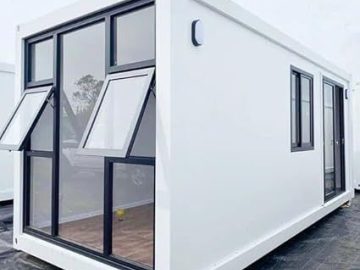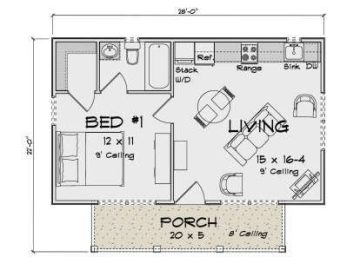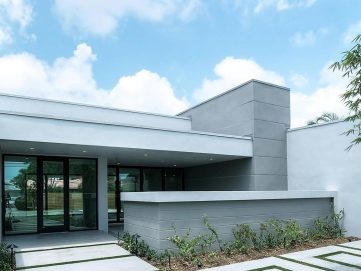Concrete - Concept - Composite



Energy Efficiency
Insulation: The foam provides excellent insulation, reducing the need for heating and cooling. This results in lower energy bills and a smaller carbon footprint.
Thermal Mass: Concrete has a high thermal mass, which helps to regulate indoor temperatures by absorbing and slowly releasing heat
Durability
Structural Strength: Concrete is extremely strong and can withstand extreme weather conditions, including hurricanes, earthquakes, and tornadoes.
Longevity: Concrete is resistant to rot, rust, and pests, leading to a longer lifespan for the structure.
Soundproofing
The combination of foam and concrete provides excellent sound insulation, creating a quieter indoor environment by reducing noise from outside.
Fire Resistance
Concrete is non-combustible and can provide a high level of fire resistance, which enhances the safety of the building.
Pest Resistance
Foam and concrete are not susceptible to termites, rodents, or other pests that can damage traditional wood-frame homes.
Design Flexibility
ICFs allow for a variety of architectural styles and designs. The forms can be shaped and molded, offering more flexibility compared to traditional building methods.
Faster Construction
The modular nature of ICFs can speed up construction times, as the forms are easier to install compared to traditional wood framing.
Environmental Impact
- Reduced Waste: ICF construction often results in less on-site waste compared to traditional construction methods.
Sustainability: The energy efficiency and durability of foam and concrete homes contribute to a lower overall environmental impact over the building's lifespan.
Insurance Savings
Due to the fire resistance, durability, and storm resilience of ICF homes, homeowners may benefit from lower insurance premiums.
Low Maintenance
Concrete homes typically require less maintenance over time, as they are less prone to issues like rot, mold, and termite damage.
Moisture Resistance
The materials used in foam and concrete homes can be more resistant to water damage, reducing the risk of mold and mildew growth.
Information links
Get a Quote
Fill out the form below
Concrete house cost by size – chart- Concrete house cost
Home size (square feet) Average cost
800 - $88,000 – $200,000
1,000 - $110,000 – $250,000
1,200 - $132,000 – $300,000
1,500 - $165,000 – $375,000
2,000 - $220,000 – $500,000
2,500 - $275,000 – $625,000
3,000 $330,000 – $750,000
3,500 $385,000 – $875,000
*Total cost installed.
Other States We Service